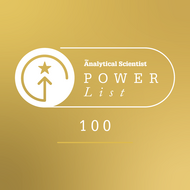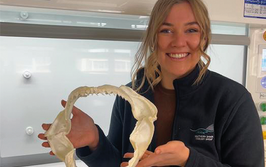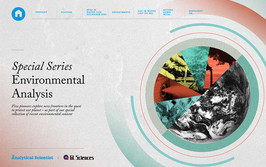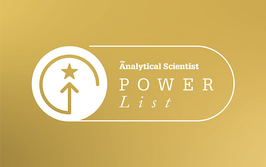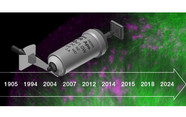Frank Svec
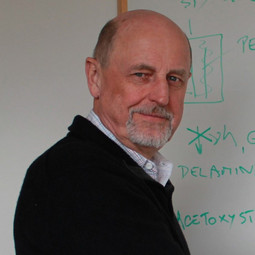
Professor, Department of Analytical Chemistry, Faculty of Pharmacy, Charles University, Czech Republic
A mentor or educator who inspired you? I have had three important mentors in my scientific career. After finishing my postdoc, I was looking for a project to start my time as an assistant professor at the University of Prague. I started working with glycidyl methacrylate but was unable to produce usable beads – so I turned to Jiri Coupek for support. With Jiri’s expertise in the field, I began to understand the principles and my experiments started to succeed.
Another mentor that inspired me was Tatiana Tennikova, who joined my group in the second half of the 1980s. She introduced me to the details of chromatography, which deepened my polymer chemistry training and chromographic knowledge.
The last of my important mentors was Jean Frechet, who introduced me to the secrets of working in an American university environment. Without him and his friendship, I would not have survived all these 30 wonderful years in America.
Qualities of a successful mentor or educator? A mentor or teacher should earn respect through their past work, achievements, and connections. However, they should also be able to identify when help is needed, and this requires prioritizing listening and communication. In essence, a mentor should make an effort to truly understand the person they're guiding – acknowledging their strengths and weaknesses in order to provide the best support. Rather than asserting superiority, a good mentor focuses on the task at hand in a friendly manner. Their goal is to leverage their experience and knowledge to reach the desired objective, often by thinking creatively and finding innovative solutions to old problems. Lastly, a good mentor recognizes the appropriate moments to offer praise and encouragement.
Attracting talent… The talent acquisition process must begin as early as possible so students can understand that no advanced society can function without science. When we talk about analytical chemistry, it is important that students see our enthusiasm for the field. Lectures should be inspiring and interesting projects should be shared with students to spark their curiosity. It also wouldn’t hurt to send students to conferences, allowing them to see icons that they may have only known from publications, converse with professionals, and see for themselves what is currently happening in the field.
However, there is great importance in creating living conditions that make students feel comfortable to pursue an analytical chemist career and fully concentrate on their work.
